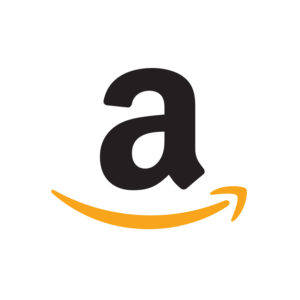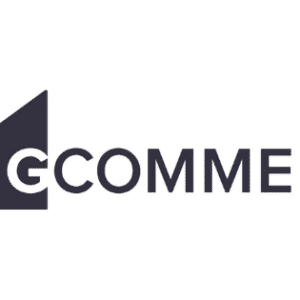
Aussie Company Raises $3M to Make eCommerce Refunds Instant
Refundid is an Australian startup that formed last year and launched its product in February. It promises to remove a significant friction point in eCommerce,

Refundid is an Australian startup that formed last year and launched its product in February. It promises to remove a significant friction point in eCommerce,

The latest development in the world of TikTok monetization is Shopify’s expanded partnership. Shopify merchants can now add a “Shopping” tab on their TikTok profile, among other things. We examine drivers & dynamics.

Back in June, we reported on Duda’s $50 million Series D round. The company intended to put the money to use in all the usual

One trend we’ve been tracking is what we call the “great eCommerce rollup.” This reflects the emerging business model to buy up third-party Amazon marketplace sellers — otherwise know as FBA’s (or fulfilled by Amazon). We examine the latest.

Earlier this week, we wrote about the strategic drivers for Amazon’s continued ad revenue growth. Is its competitor Shopify following it down that same path… and for similar reasons? We examine the evidence.

One of the ongoing tech stories of the past few years is how Amazon continues to nip at the heels of the “duopoly.” And its working, considering Amazon’s latest ad market share and revenue growth figures. We examine.

Shopify has signaled visual shopping ambitions through its latest acquisition: AR startup Primer. This will let it go deeper into home services and decor with a tool that lets merchants better exhibit their wares. We examine the details and drivers.

Wix continues its evolution into a formidable competitor not just to other site builders but also to eCommerce giant Shopify. Last week the 15-year-old Israeli

Shopify has extended its tentacles further into the SMB world. It announced this week that it will offer its one-click checkout service Shop Pay to merchants that sell on Facebook or Google. We examine strategic implications.

The website builder company Duda has raised $50 million in a Series D round. This latest raise, led by Claridge IL, brings Duda’s total fundraising

Canadian point of sale software giant Lightspeed continues to use its robust stock as currency to roll up rivals and bolt on new capabilities. The

Announcements yesterday from Google and Shopify signal a new integration environment making it easier for consumers to shop on Google. More broadly, the announcements signal

During yesterday’s Google I/O keynote, a notable announcement was hidden in the procession of software and gadgetry news. Google is partnering with Shopify to integrate product listings of its many merchants. We examine drivers and strategic implications.

E-commerce continues to show strong momentum. Even as the world re-opens to retail and other IRL activity, there are several signs that 2020’s e-commerce inflections could sustain into the post-Covid era. We round up the latest evidence.

Look out Google and Facebook… Amazon has its eyes on your lunch. Amazon continues to pose a threat as a “duopoly” killer, the latest evidence coming from its 10 percent of U.S. digital ad spend. We examine.

We continue to see signals for e-commerce’s rise. The latest milestone is that Amazon has unseated Walmart as the leading U.S. retailer for apparel sales. This has key implications for large and small businesses.

A new experimental tweet format will be purpose-built for shopping, including links to product pages or Shopify stores. The layout include product name, merchant name, and pricing. We unpack the strategic implications.

The universe of Amazon third-party sellers — mostly SMBs — about five-million in number, one million of which have joined in the past year alone. Perhaps more notable, 73 percent buy Amazon. We examine.

Helping merchants of any size out prime Amazon Prime is an emerging business. And it stands to reason. The pandemic has sharply accelerated consumer eCommerce

Walmart has Amazon in its crosshairs. Its latest move came with the recent deal with BigCommerce to boost product libraries and become more of a one stop shopping destination.